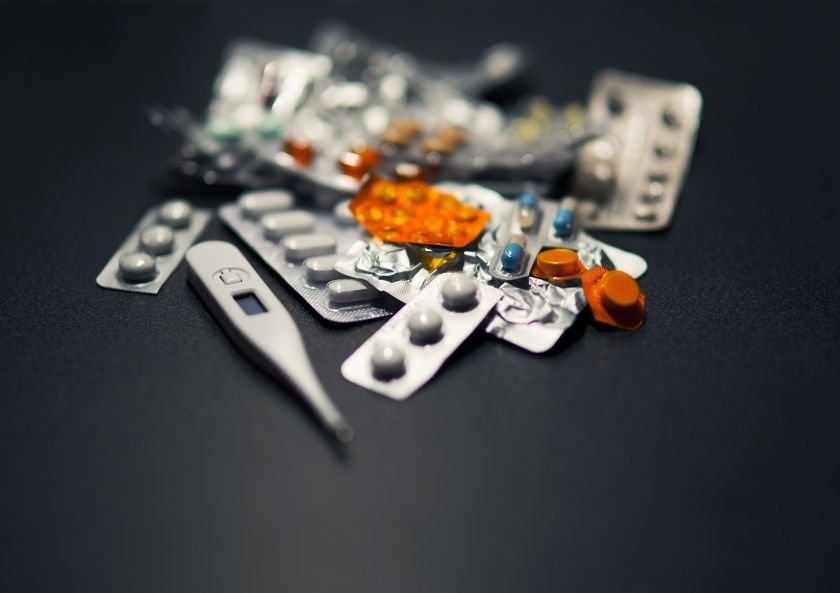The most effective strategy for the treatment of drug allergy is to prevent or take it off from the treatment after the drug is detected. The treatment should be continued with alternative drugs that are not related to the drug group that cause allergies and that have no chemical similarity. Cross-reactivity between drugs must be taken into account when selecting alternative agents. In this article, we wrote about the treatment of drug allergy.
The drug should not be used unless necessary to reduce the risk of drug allergy development. Oral forms of drugs should be preferred.
It is important to perform all intramuscular and intravenous applications in a health center and to wait 30 minutes in the health center when necessary.
Treatment of Drug Allergy
Treatment for reactions occurring in drug allergies is largely supportive and symptomatic. The drugs to be used after drug allergy are only for controlling their complaints. It does not prevent the recurrence of drug allergy.
Creams containing corticosteroids and oral antihistamines can improve skin complaints.
Corticosteroids can be administered orally or intravenously and can be used to treat severe systemic reactions.
In the case of anaphylaxis, the preferred treatment is adrenaline (epinephrine) administered by intramuscular injection.
In severe drug reactions such as SJS and TEN, skin lesions are best treated in an intensive care or burn unit setting.
In cases where there is a definite medical need for the drug to which the drug is allergic and there is no alternative, drug desensitization therapy can be applied. Drug desensitization is a very risky and difficult method. Patients are required to take the drug every day after desensitization to the drug. Initiation of drug desensitization procedures temporarily alters the patient’s response to the drug in an immunological way by administering increasing doses of the drug. Drug tolerance is usually maintained only as long as the drug is given. If the patient was previously desensitized to a drug and then needs to use the same drug again, the procedure must be repeated in the same way. Drug desensitization procedures should only be performed by allergists in centers with resuscitation equipment.
The most important part in the treatment of drug allergies is to inform the patient and their relatives in order to prevent future reactions.
The patient should be given written information about the drugs to be avoided. When he goes to the hospital, his doctors and health personnel should be informed and informed about the drugs he is allergic to. The patient’s family physician should be informed of the drug allergy.
Allergic bracelets/necklaces or cards indicating the allergy created by allergy specialists should not be given to the patient.



